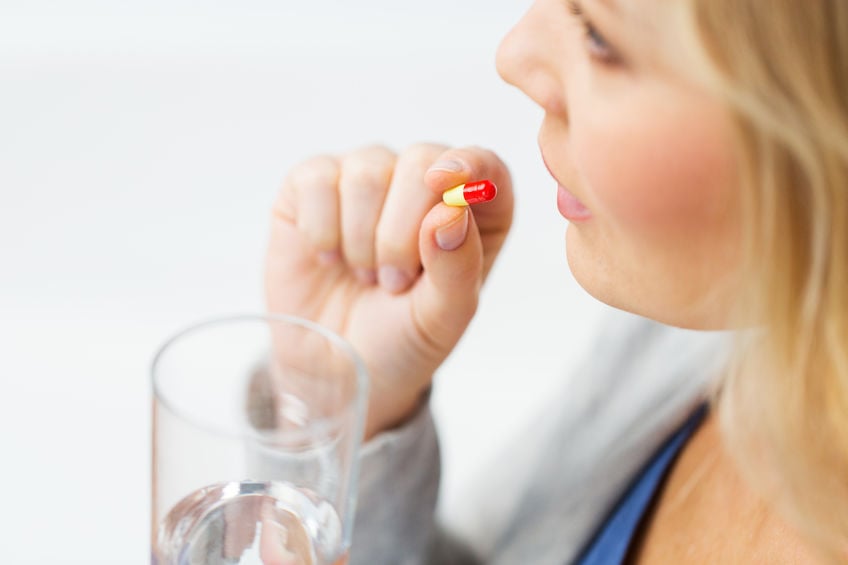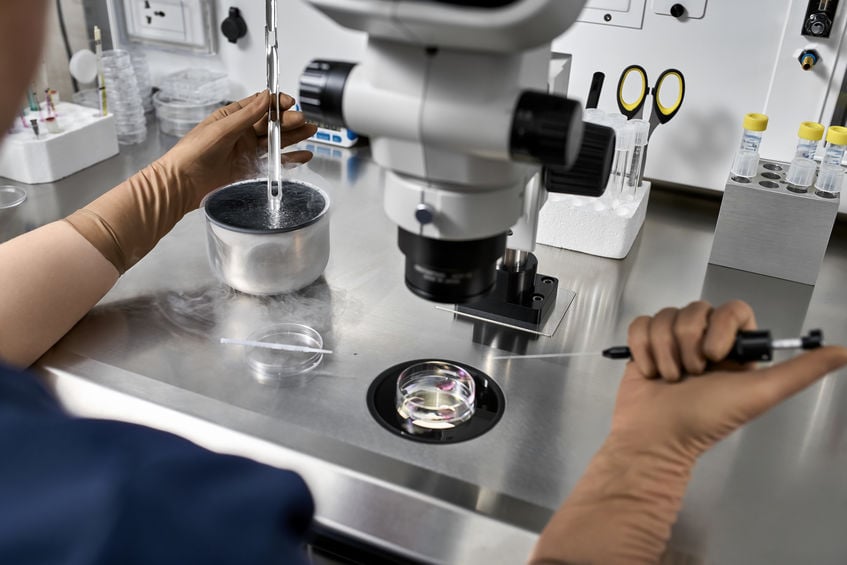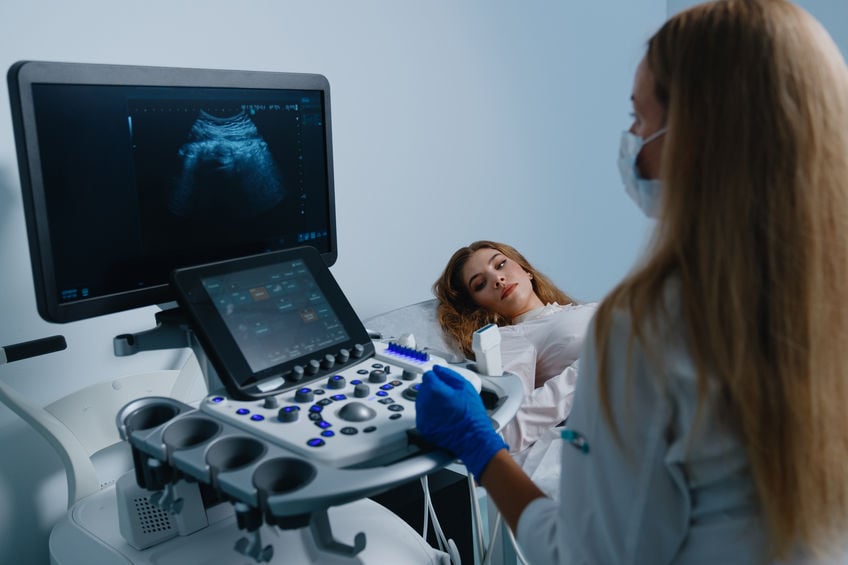Improving Fertility With Supplements
When using assisted reproductive technology (ART) to get pregnant, women want to do everything possible to increase the chances of success. In addition to a healthy diet and exercise routine, certain dietary supplements may help improve fertility and increase the chances of in vitro fertilization (IVF) working. Women undergoing fertility treatment can consider adding the following 4 vitamins and herbs to a daily routine to bring home a baby faster.

1. Folic acid
Frequently associated with pregnancy, folic acid is a B vitamin known to significantly decrease the risk for neural tube defects (NTDs), which are brain and spine defects. By ensuring adequate levels of this vitamin before conception, women can avoid early miscarriages due to NTDs and stay pregnant. Additionally, folic acid in the pre-conception period can boost fertility. A recent study found the use of a folic acid supplement during IVF helped women optimize the homocysteine pathway in follicular fluid. A 2-fold increase of monofollicular fluid folate was associated with a 3.3 times greater chance of becoming pregnant.
2. CoQ10
Another crucial supplement purported to improve fertility is coenzyme Q10 (CoQ10), a powerful antioxidant. Multiple studies show that consistent CoQ10 use can improve clinical pregnancy rates for patients undergoing IVF treatment. CoQ10 can be found in foods such as organ meats, fatty fish, fruits, vegetables, and nuts, but for a noticeable improvement in fertility, a higher dose daily supplement may be the best approach.
3. L-carnitine
This essential amino acid can slow age-related changes in the female reproductive system. Consistent use of L-carnitine has been shown to result in higher-quality embryos, increased implantation rates, and overall improved pregnancy rates. Additionally, L-carnitine can improve symptoms of polycystic ovarian syndrome (PCOS) and endometriosis, boosting the chances of conception for women with such health conditions.
4. Zinc
Trace elements such as zinc, selenium, and copper are essential for reproductive health and may help improve fertility. Studies show that women with low zinc levels may take longer to get pregnant. Women undergoing IVF should aim for at least the recommended dietary allowance (RDA) for zinc, which is 11-12mg/day. However, a fertility specialist may advise taking a higher dose to combat a known deficiency while undergoing ART treatment. A higher zinc intake has also been shown to improve male fertility by increasing sperm count and volume.
Supplement wisely during IVF
Although many supplements have been shown to help improve fertility, patients should always double-check with a fertility doctor before starting any new herbal or vitamin. Adequate levels of folic acid are essential before and during pregnancy, while CoQ10, L-carnitine, and zinc may improve the chances of conceiving. A baby is possible with the right combination of supplements and a personalized IVF treatment plan.





